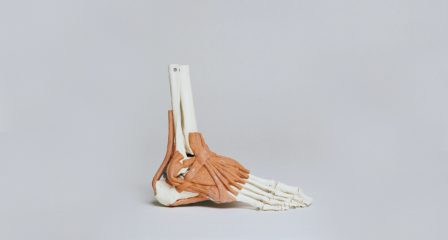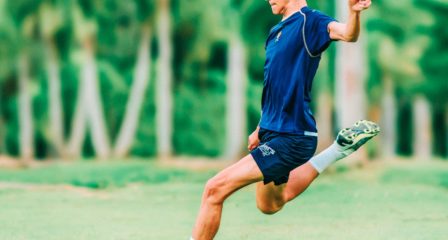Stress is a factor that can have a negative effect on performance, recovery, and injury risk.
During situations of high stress, we can experience an increase in muscle tension, decreased fine motor control, and affected levels of attention leaving us less able to perform intricate and complicated motor movements.
Level of impact varies from person to person, whether this be the type of sport we play, intensity of training, or how we cope with stress eg. reduced sleep or nutrition.
A big variable that we will discuss in this blog is our social support network and how this impacts injury and recovery.
Life Stress
Life stress can be caused by loss of loved ones, pressure of performance, academic and work stress, family struggles, traumatic experiences – the list goes on.
These are variables that could have a negative impact on our recovery, performance, and overall mental wellbeing.
One of the biggest life stressors can be sustaining an injury and this can have a negative impact on our long term quality of life. Injuries may even result in poor psychological outcomes such as depression or even PTSD.
A recent study explored the outcomes of mental state post injury and showed it is very common to develop a perceived loss of social support (Carr, Severance, Bell and Zarzaur, 2019).
This same study concluded that this perceived loss of social support negatively impacts our recovery from injury.
Can good social support also play a role in decreasing injury risk?
A study out of the Division 1 American Collegiate System (Petrie, 1992) investigated the effects of life stress and social support as predictors of athletic injury.
Key findings:
- Injured athletes reported experiencing more life stress when reviewing data from questionnaires.
- Negative life stress was related to athletic injury accounting for 6-11%.
- Athletes with a strong support network were shown to have a greater likelihood of avoiding life stress related injuries.
We appreciate that injuries are multifactorial, however being able to positively impact a common factor such as stress support can be beneficial.
Here at the clinic we commonly use the Profile Of Mood States questionnaire to provide awareness to us and clients about their mental state.
We aim to provide our clients with a really strong support network and love doing it!
References:
Carr, B.W. et al., 2019. Perceived loss of social support after non-neurologic injury negatively impacts recovery. The journal of trauma and acute care surgery, 88(1), pp.113–120.
Petrie, T., 1992. Psychosocial Antecedents of Athletic Injury: The Effects of Life Stress and Social Support on Female Collegiate Gymnasts. Behavioral Medicine, 18(3), pp.127-138.



